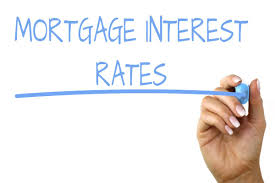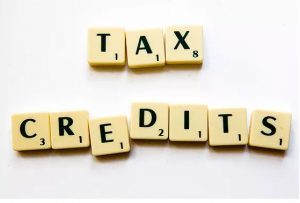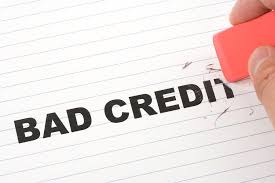
The following is a summary of the choices available for clients when looking at the four different types of lending groups.
So what exactly is a lender? By simple definition, a mortgage lender provides financing for a real estate purchase hence the word lend.
Which lender is best for you will all depend on who you are as a borrower, what your current situation is and what your situation will look like in the future.
Big Banks
Currently, mortgage brokers have access to TD Canada Trust and Scotiabank. Big banks are especially appealing to first-time home buyers as it offers a sense of comfort knowing your mortgage is being dealt with a nationally recognized financial institution.
TD offers very fast review of documents with the ability for collateral charges, multiple branch locations and competitive privileges such as pre-payment abilities.
Scotiabank is also an advantageous option for homeowners as they have one of the most comprehensive and easy-to-use home equity lines of credit, referred to as their Scotia-Step.
Being able to access a Home Equity Line Of Credit (HELOC) and roll it into your mortgage offers simplicity and efficient methods of borrowing for homeowners. The drawback with both banks is that they are chartered banks. When a client decides to use them for fixed rate mortgages, specifically the 5-year terms, they can potentially be on the hook for penalties north of $10,000 due to breaking their mortgage early. Career changes, moving from different neighbourhoods or cities, upgrading or downgrading home sizes, marital issues – these are all reasons why someone may need to break their mortgage early. Being in a long term fixed rate mortgage with a chartered bank can be unpleasant.
Credit Unions
One of the biggest benefits of credit unions such as Westminster Savings or Coast Capital is that they are not federally regulated, they are provincially regulated. They are not required to adopt federal mortgage rule changes unless they want to. This can be an extreme benefit to those considering rental properties, those with unique income/employment situations or complex transactions that chartered banks do not or cannot work with.
Some of the negative attributes are, however, a reputation for slow review times of documents and mortgage applications, as well as portability. If you work for a company or in an industry that is known for relocation and re-assignment across provinces, you will pay a penalty to a credit union every time. This is something that is likely not to happen when working with charted banks or monoline lenders as they will have more flexibility in allowing you to port your mortgage to a new property in other provinces.
Monoline Lenders
Monoline Lenders are supported by mortgage brokers, and in turn, mortgage brokers are supported by monoline lenders. You cannot access mortgage products that a monoline lender offers without using a broker as they typically do not have physical branches or locations. They are funded by private investors dealing only in mortgage transactions, allowing their products to be more customized based on the investors’ risk tolerance. The benefits? – Extremely low-interest rates, very competitive privileges with pre-payment and portability, fast turnaround-times, and the best part, significantly lower penalties for breaking a mortgage.
With a big bank, a $10,000 penalty for breaking mortgage early may only cost you $3,000 with a monoline lender. This is highly advantageous to someone who wants the security of a long term fixed rate but isn’t 100% certain they will be carrying out their mortgage at that property for the full five years. The disadvantage is the almost blind trust a client must have. These monoline lenders do not have much brand recognition with the public, limited direct access with clients and usually do not have any physical locations to visit. This makes it hard for some people to feel comfortable using them as their mortgage provider.
Private Lenders
The benefit of a private lender is that anyone who has inconsistent income, unique properties, poor credit history or any type of severe risk in their application can get an approval. When a chartered bank says no, a credit union says no and a monoline lender says no, a private lender can say yes. The disadvantage? – your interest rate is going to be significantly higher and the privileges such as prepayment and portability are going to be significantly less. As well, with most lenders, they will pay the mortgage brokers commission themselves. In this case, you the borrower will be paying a fee to the broker.
This information is extremely powerful to you as a homebuyer and even as a current homeowner. As always, please contact a Dominion Lending Centres Mortgage Professional if you wish to discuss any of these options further!
Contact me for your best mortgage options 705.669.7798 or trina@ndlc.ca
#trinamortgages #mortgages #ndlc #freedomofchoice
#bestmortgageforme #executive #firstimehomebuyer
If you found this information valuable, I only ask that you share with your friends and family.
Copyright DLC









